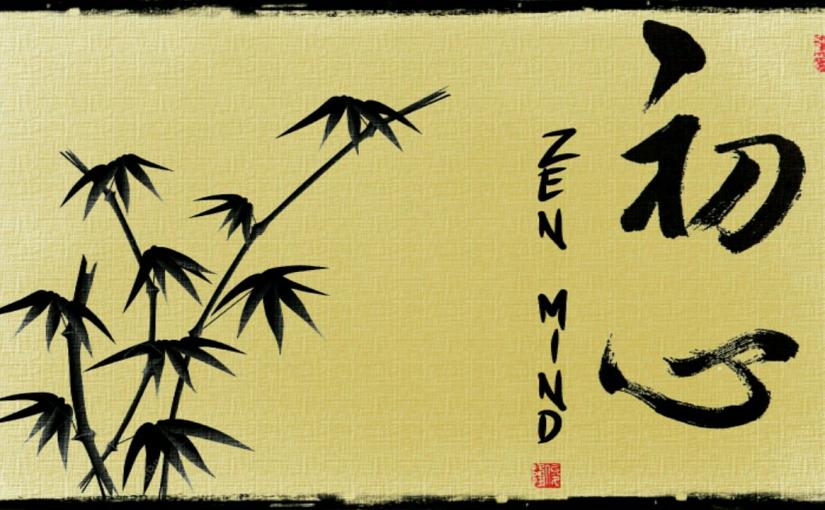By: Larry Dansky
In the beginner’s mind there is no thought “I have attained something.” All self-centered thoughts limit our vast mind. When we have no thought of achievement, no thought of self, we are true beginners. Then we can really learn something. The beginner’s mind is the mind of compassion. When our mind is compassionate, it is boundless. – Shunryu Suzuki
Shunryu Suzuki was a Zen monk and teacher who is credited with popularizing Zen Buddhism in the United States. He founded the San Francisco Zen Center, and his classic book of teachings, “Zen Mind, Beginner’s Mind”, is one of the most popular books on Zen and Buddhism in the West. I’ve read, and re-read, the book and always find helpful teachings and guidance.
This concept of “Beginner’s Mind” has always fascinated me, particularly since it’s antithetical to how we look at the quest for knowledge in the West. We have this voracious thirst to know, and we hold those who are experts in many fields with very high esteem. It has led us to wonderful discoveries, particularly in the fields of science and medicine and we would not want to abandon this quest. But as Suzuki points out, the more we gain in knowledge about a particular subject or practice, the less open we may become to different approaches. I have to say that I’ve experienced this myself, both in my personal and professional life. I find myself dismissing what on first impression seems just plain wrong, and I close down to ideas and opinions that are contrary to what I already “know” to be true.
Suzuki’s suggestion is that we not abandon our quest for knowledge, but try to maintain an open, beginner’s mind as we learn. Think about any experience you’ve undertaken that is totally new to you; learning to play an instrument, taking up a new hobby or sport. Your mind wasn’t fixed on a particular way of doing things or have expectations of what would be accomplished. Unfortunately, as we gain in knowledge and experience, we expect more from ourselves or feel like we need to become experts in our chosen endeavor.
What if we were able to sit with not knowing? Could we be more open to new ideas? Would we be more accepting of the concept of mystery, especially as it relates to our spiritual life? Would we be more compassionate toward others, as Suzuki describes? I’ve tried to practice beginner’s mind and not hold so tightly to what I “know” to be true. It’s the practice of un-learning. I don’t do it perfectly, but when I practice un-learning consciously, I find myself more open to wonder, to accept mystery, and hopefully to be more compassionate with others.
Holy one, I often find it easy to hold on to truths too tightly. Help me to practice to be open to possibilities, to mystery, to not knowing. Remind me to cultivate a “beginner’s mind”.




